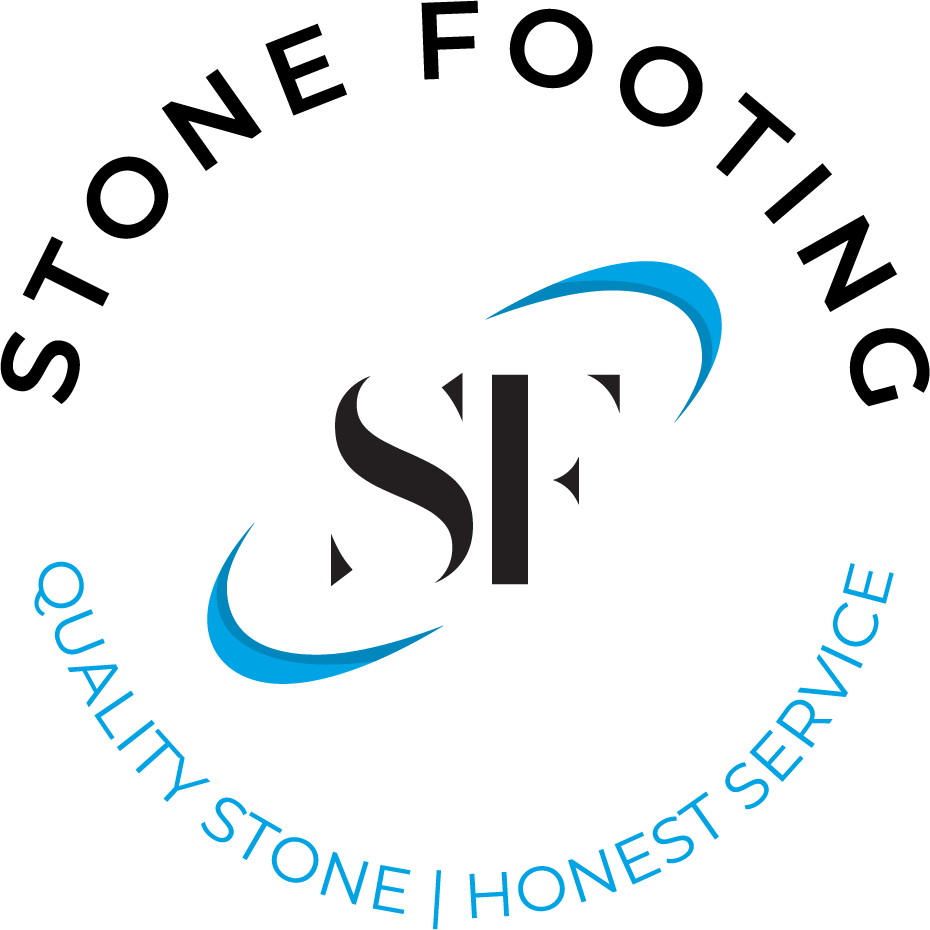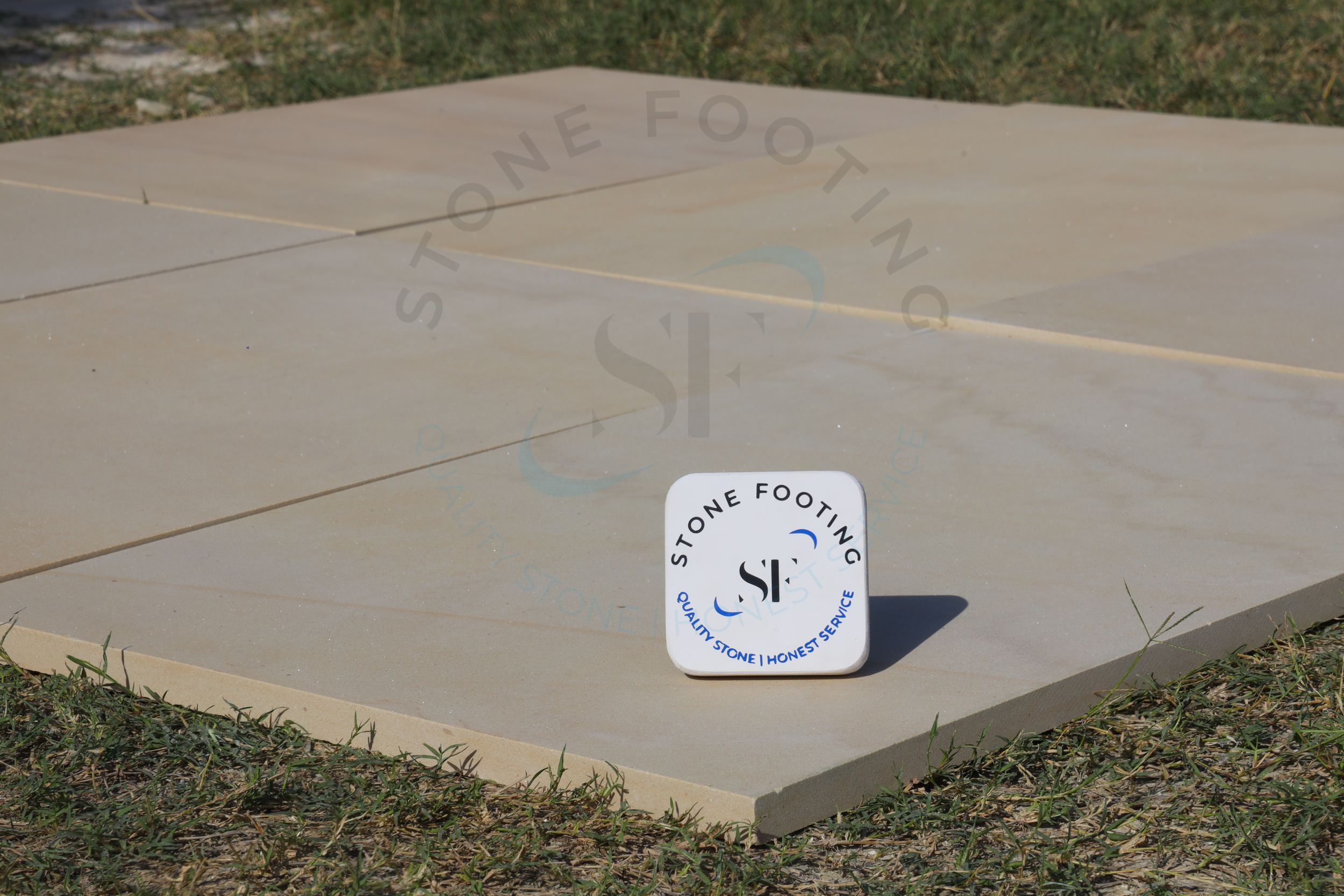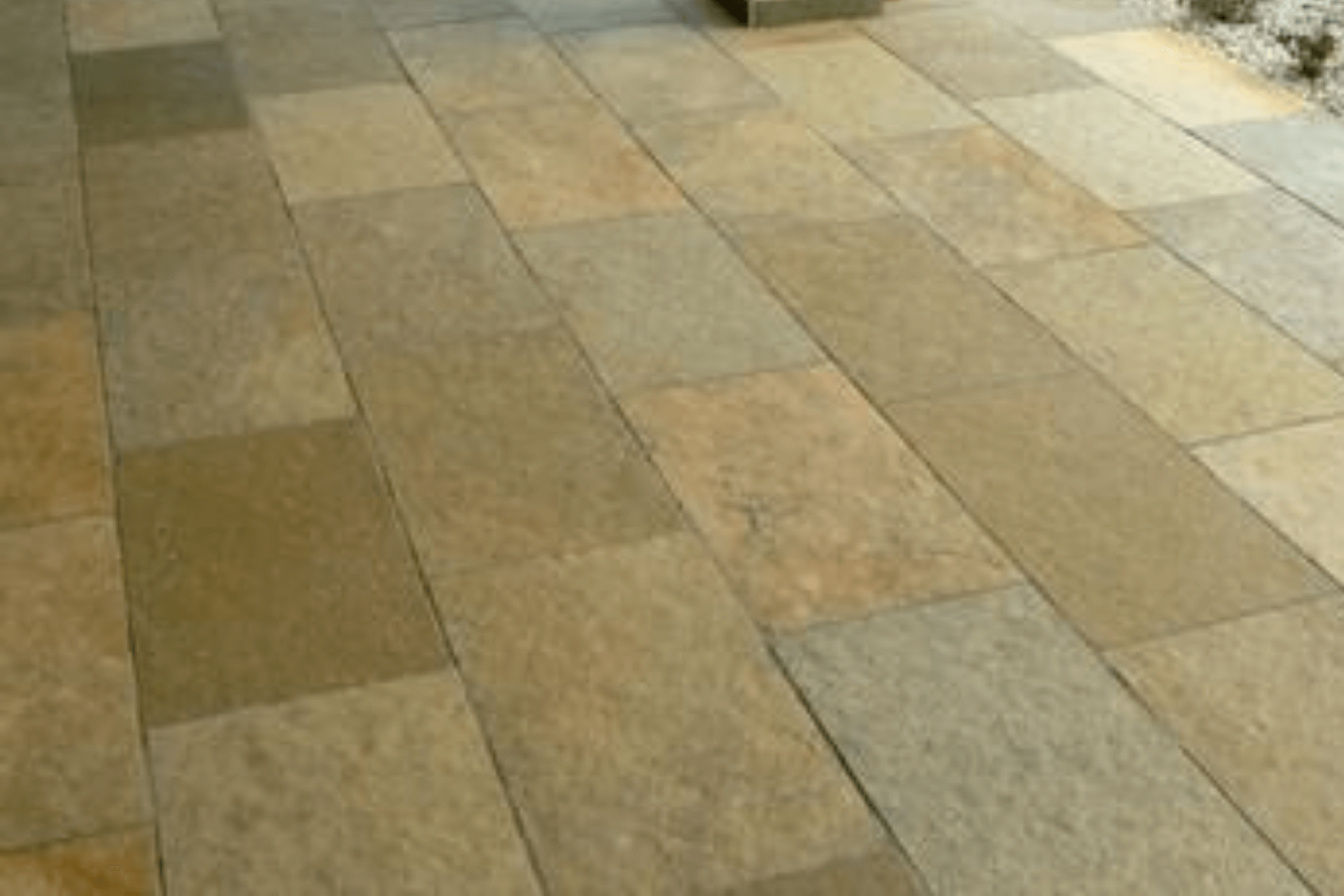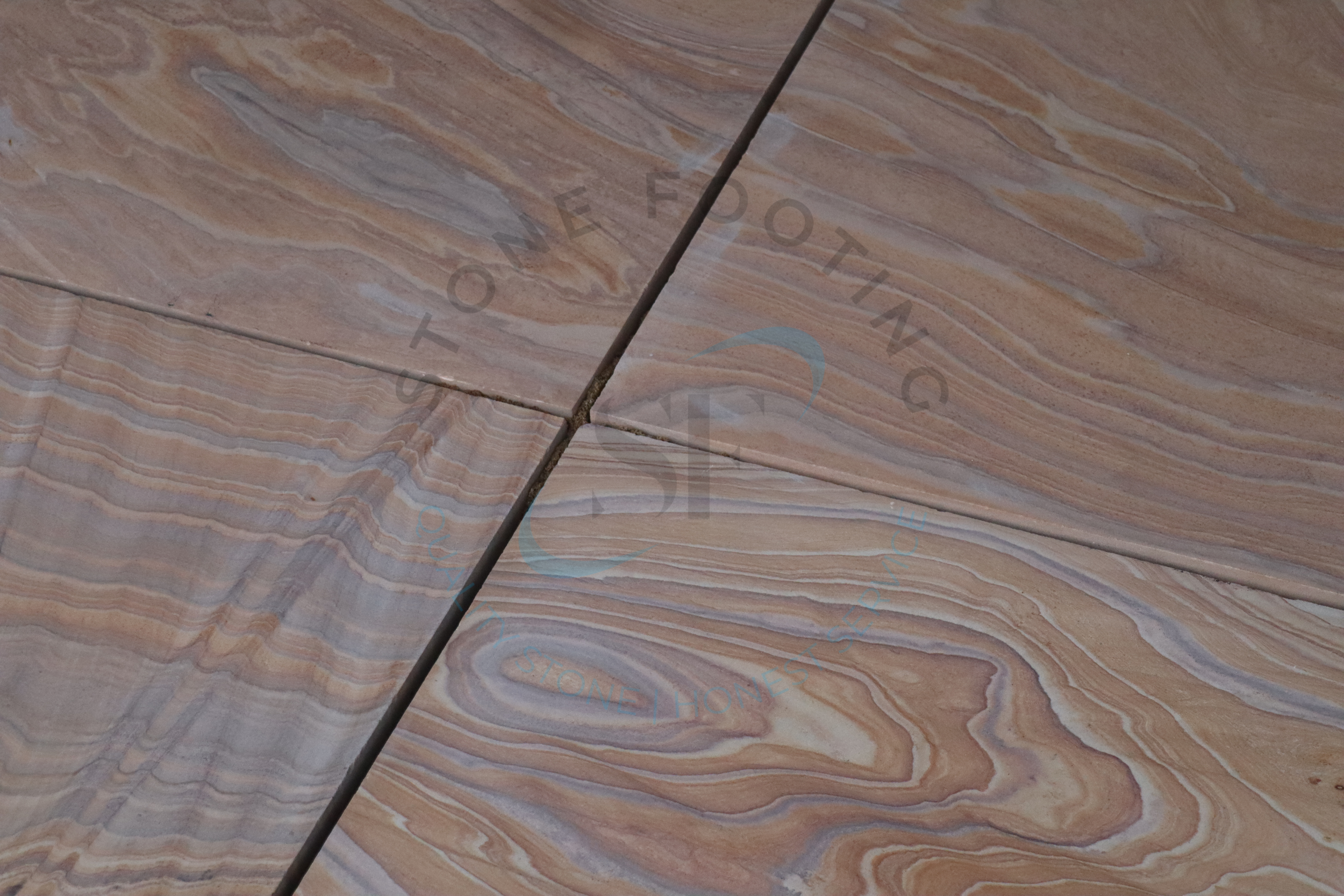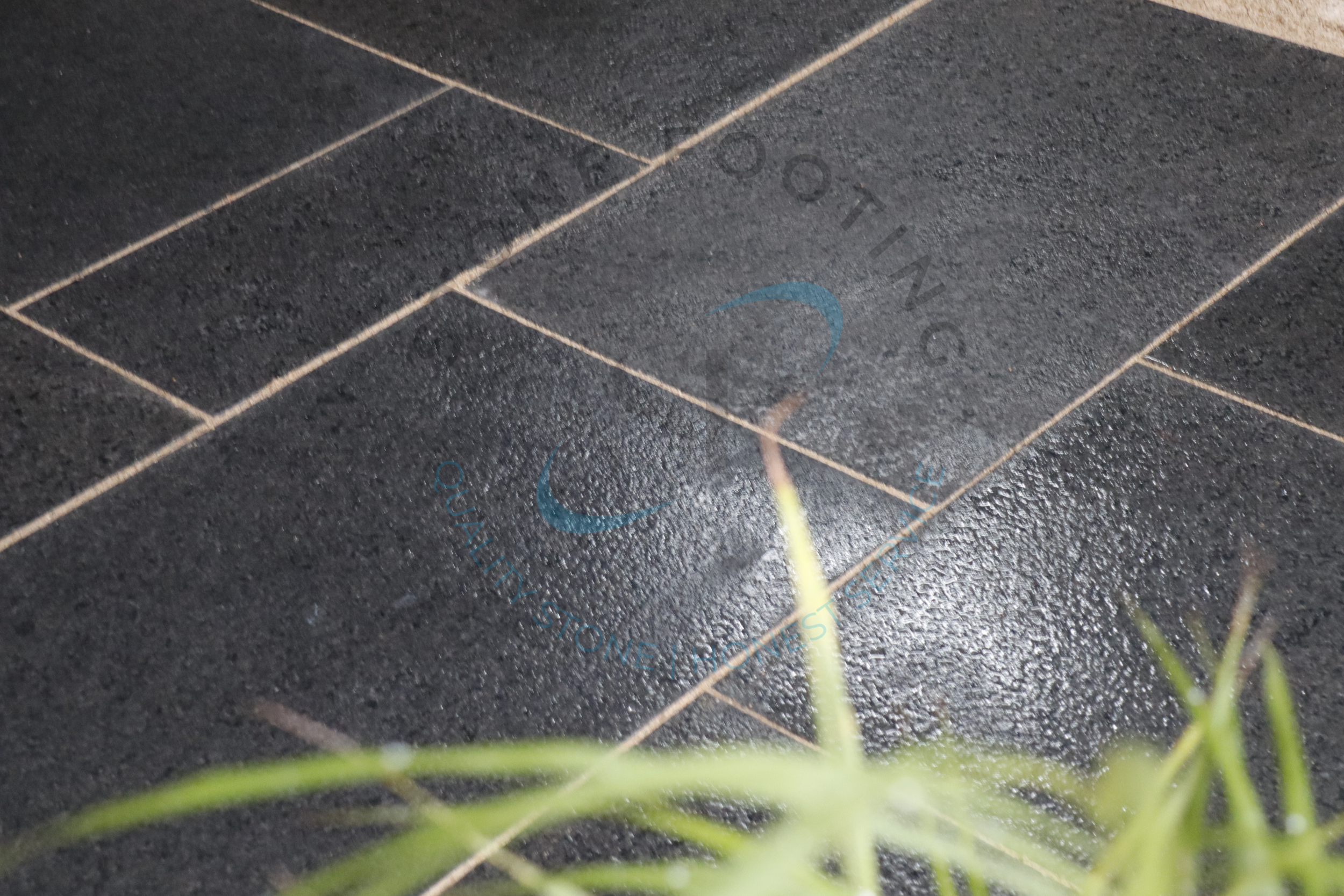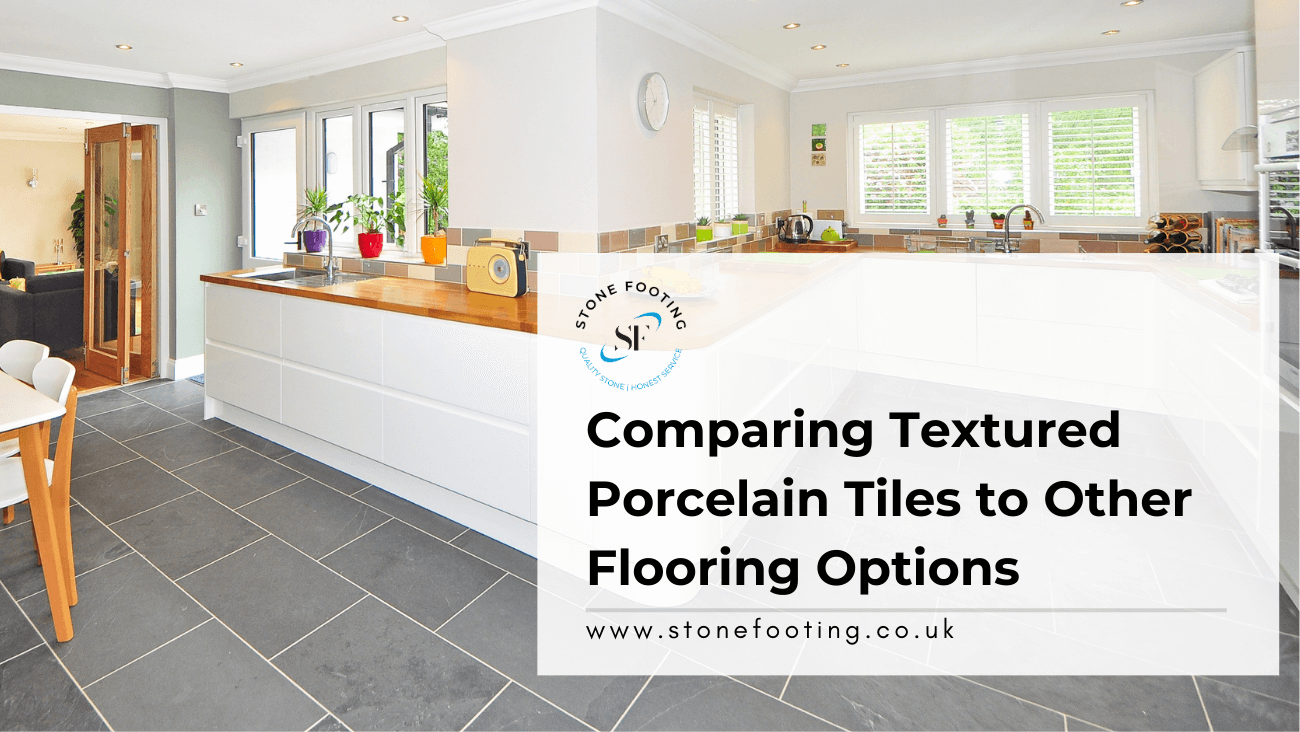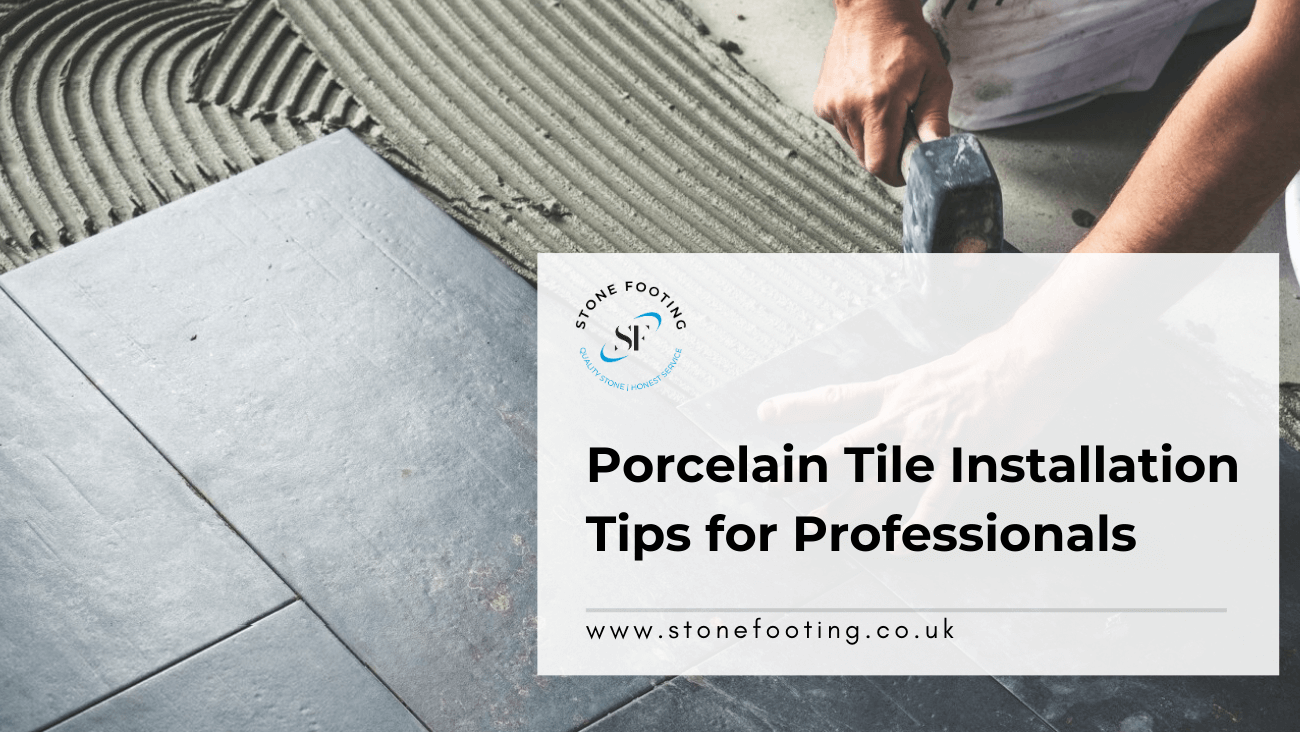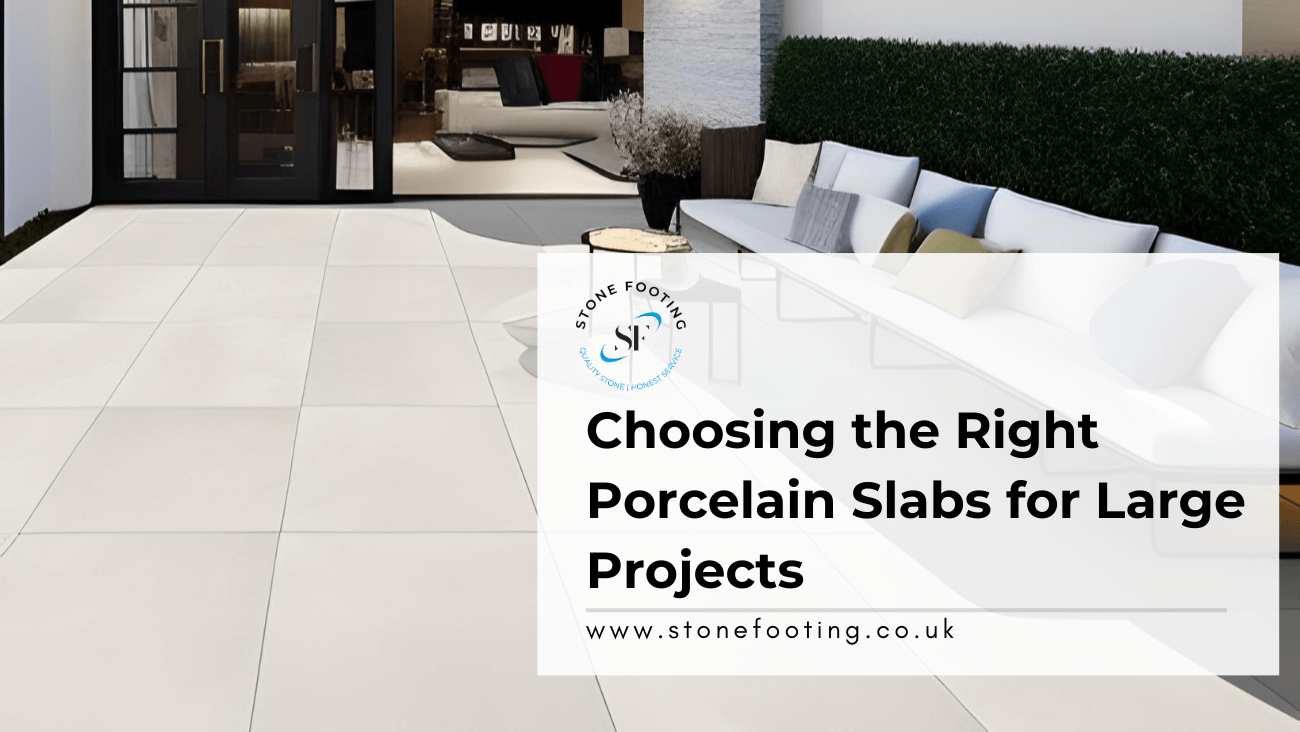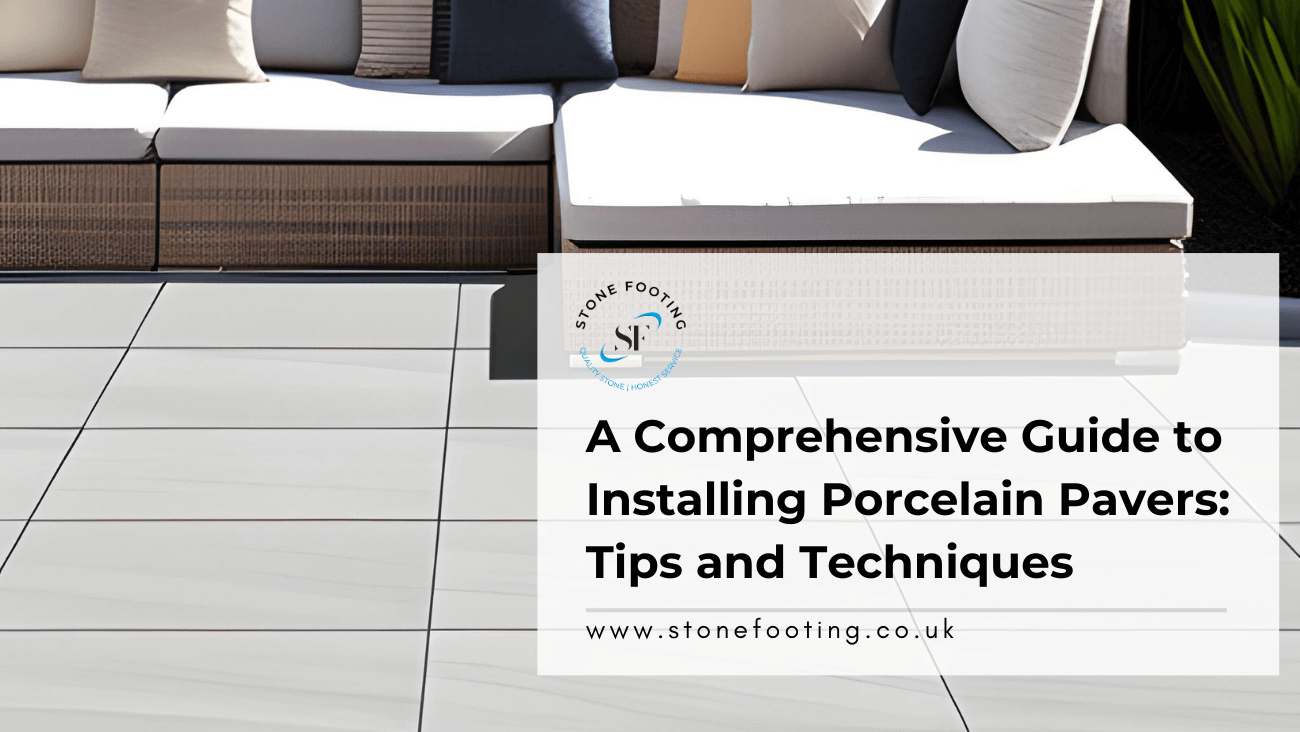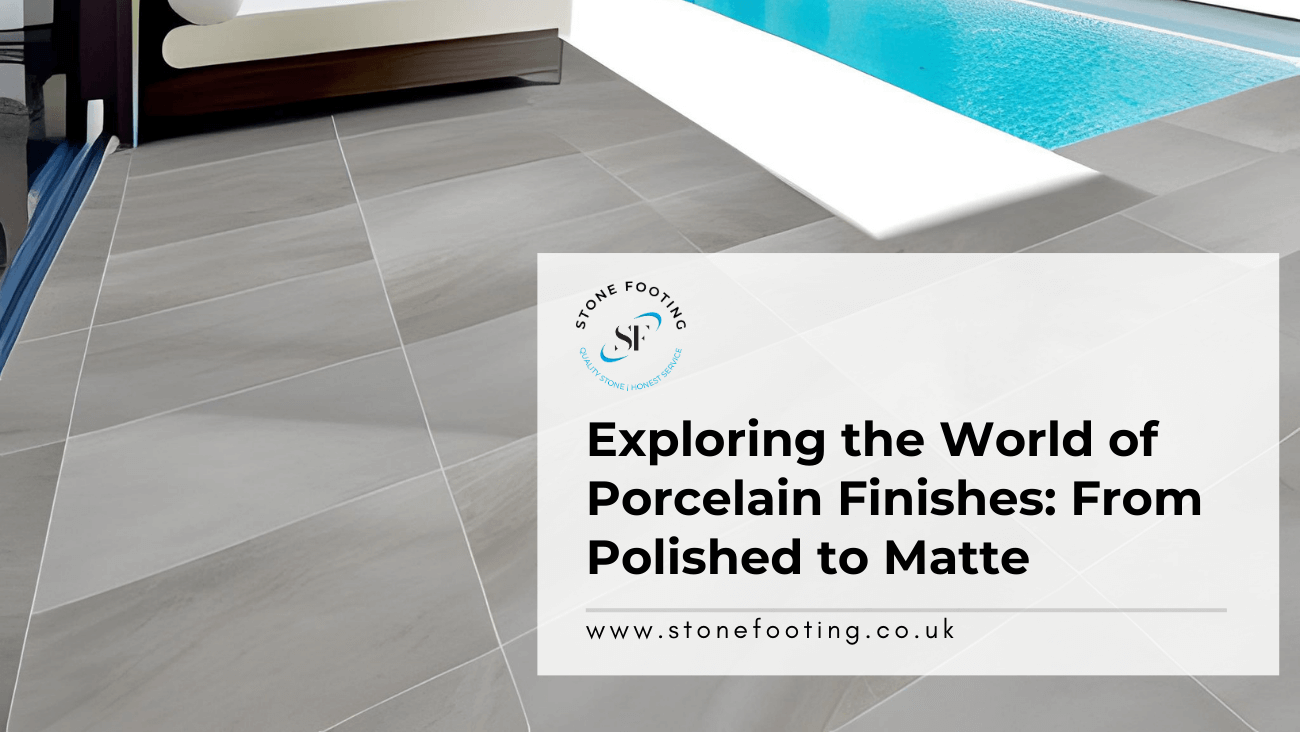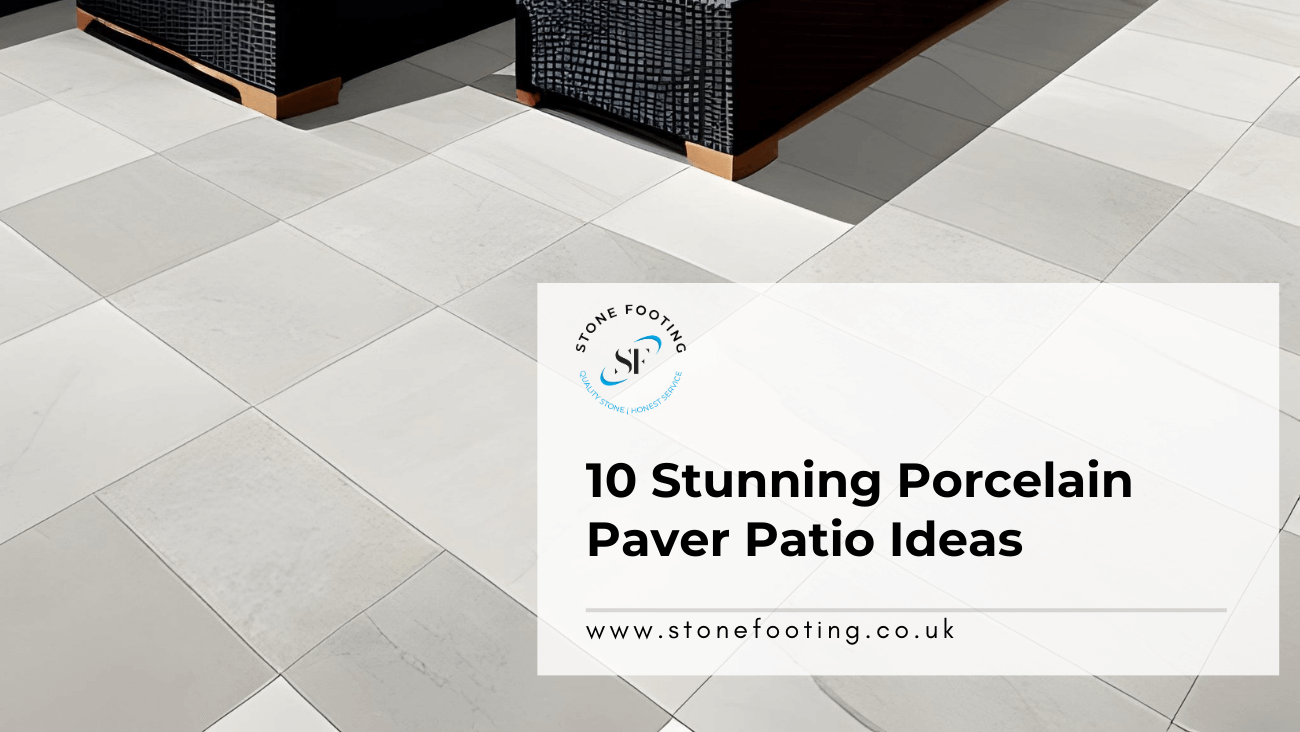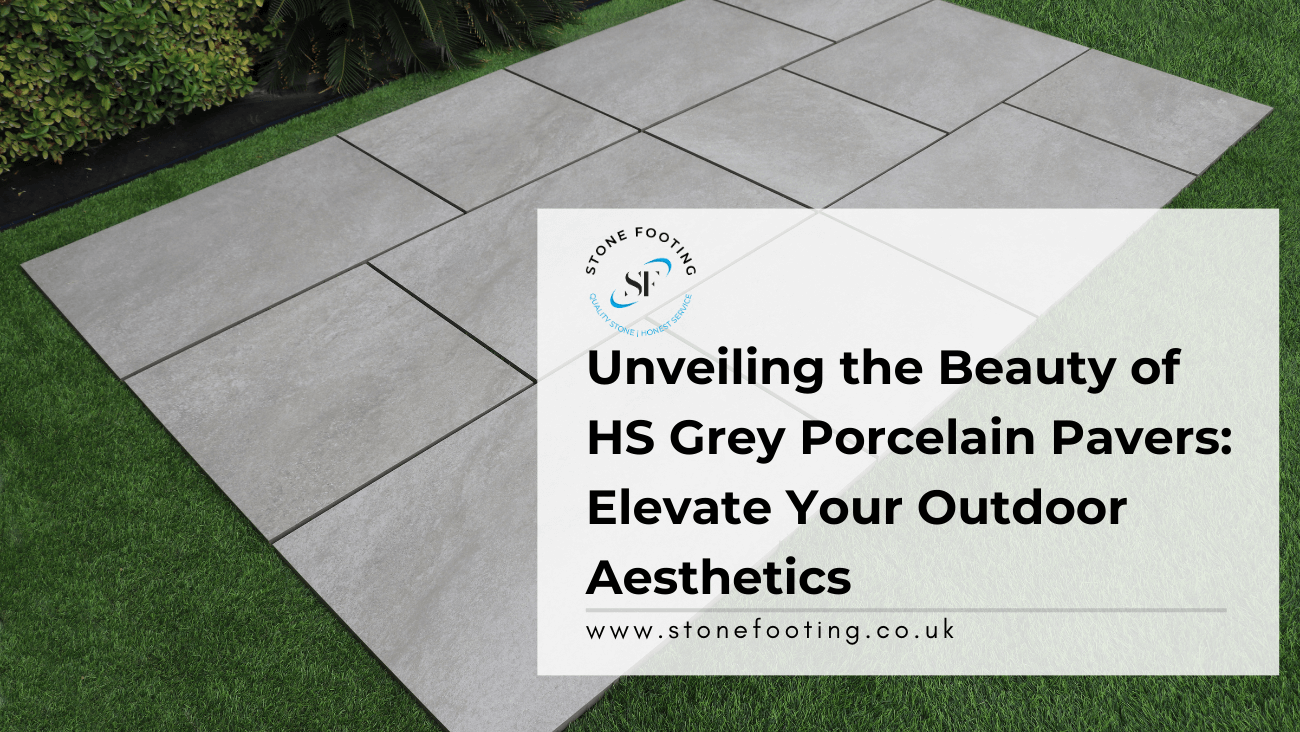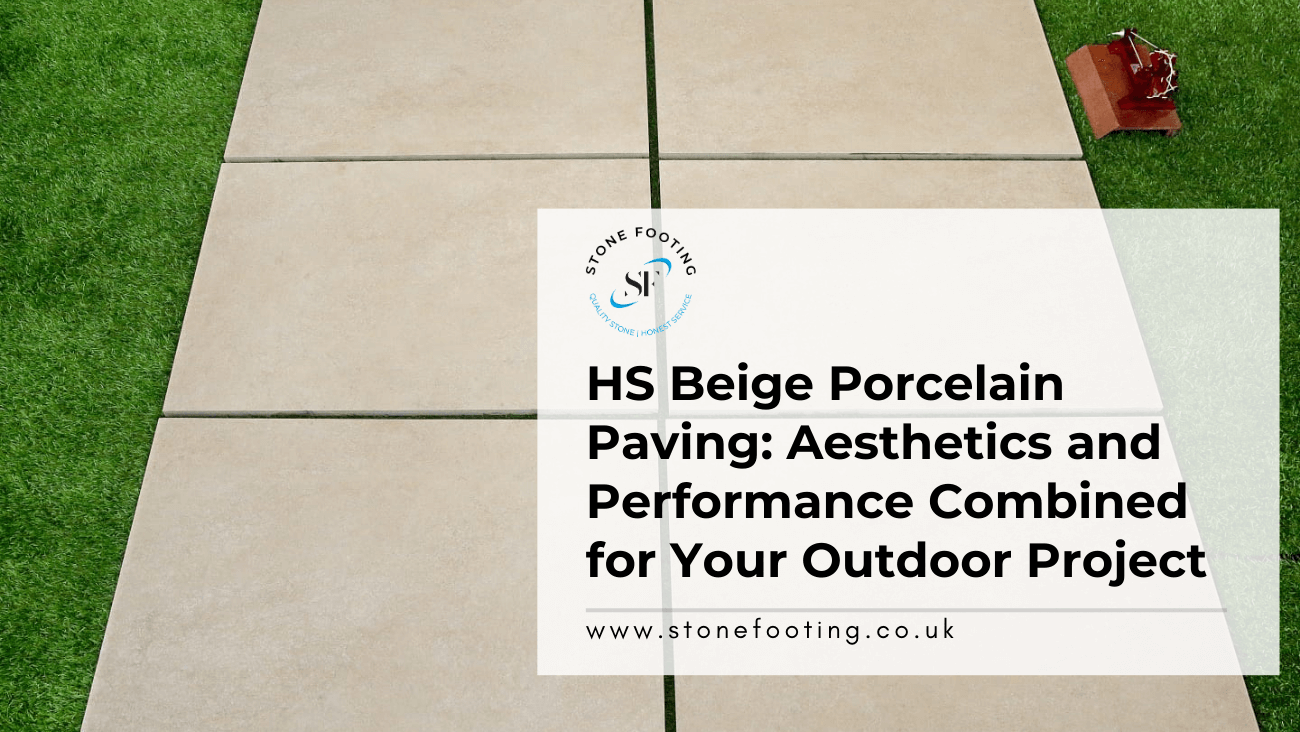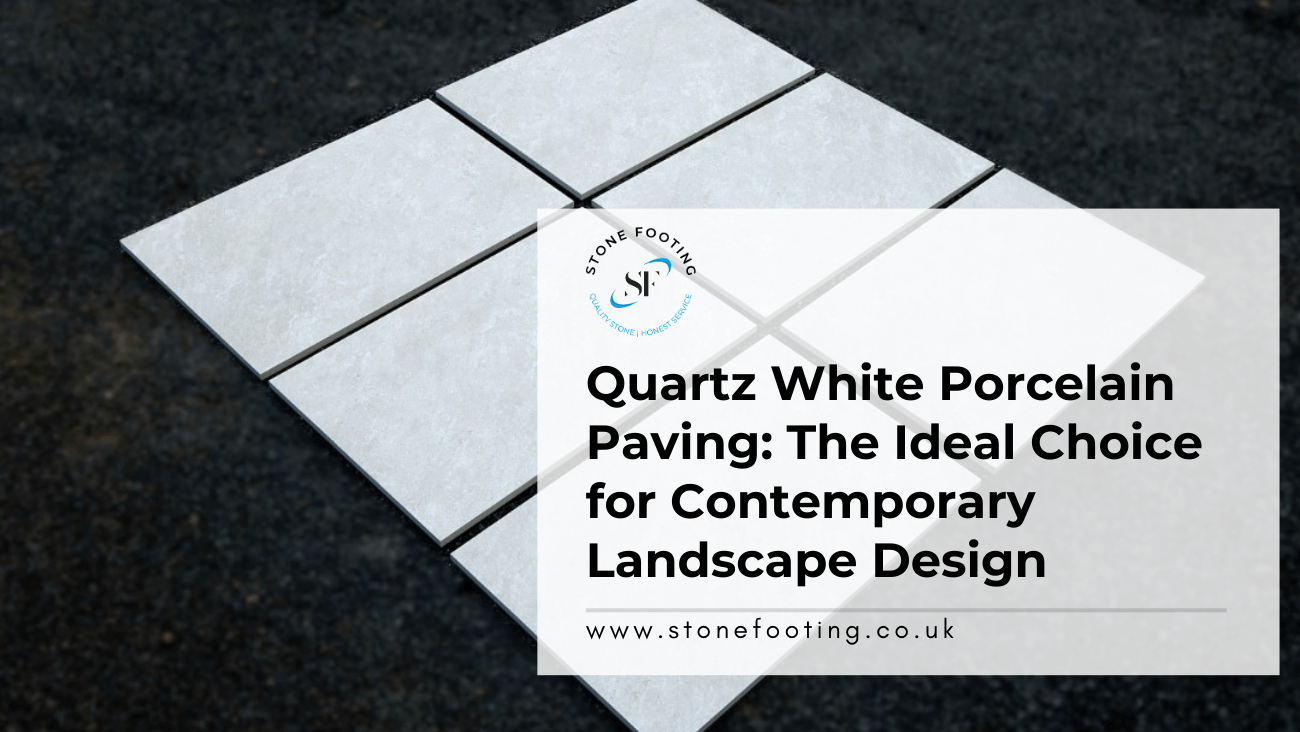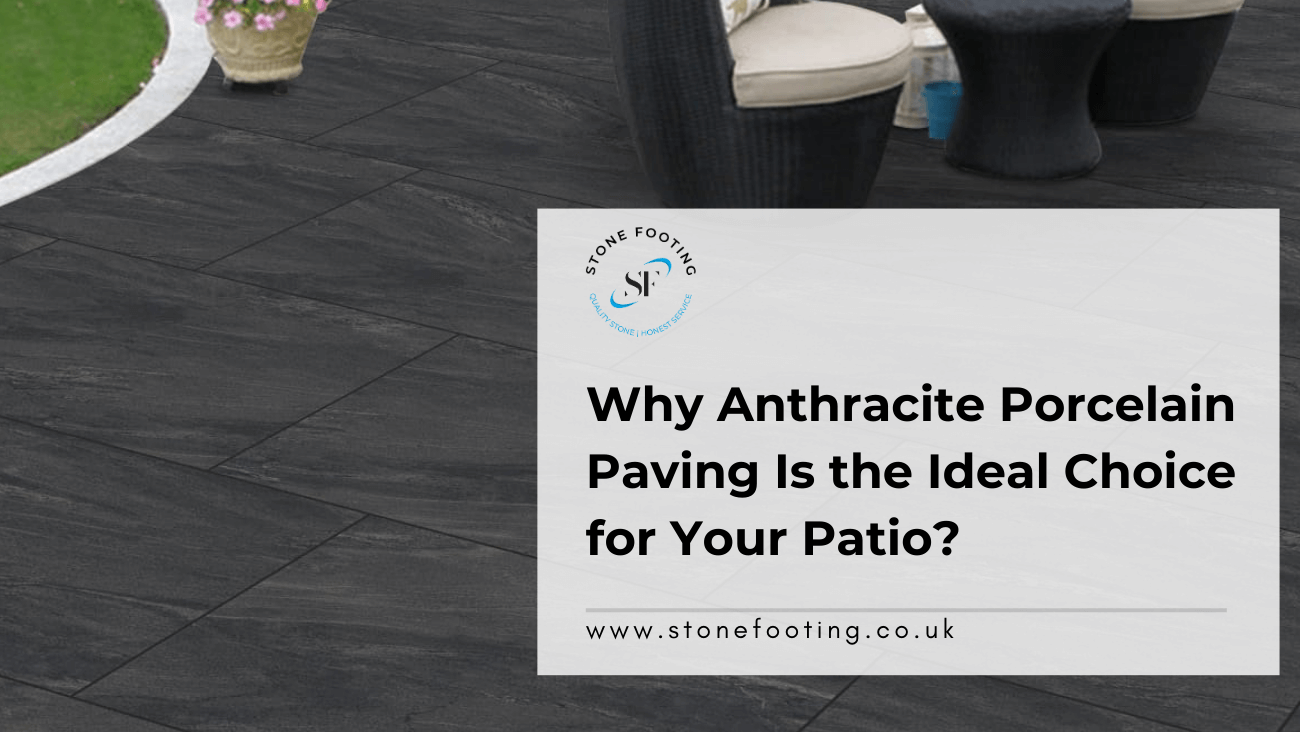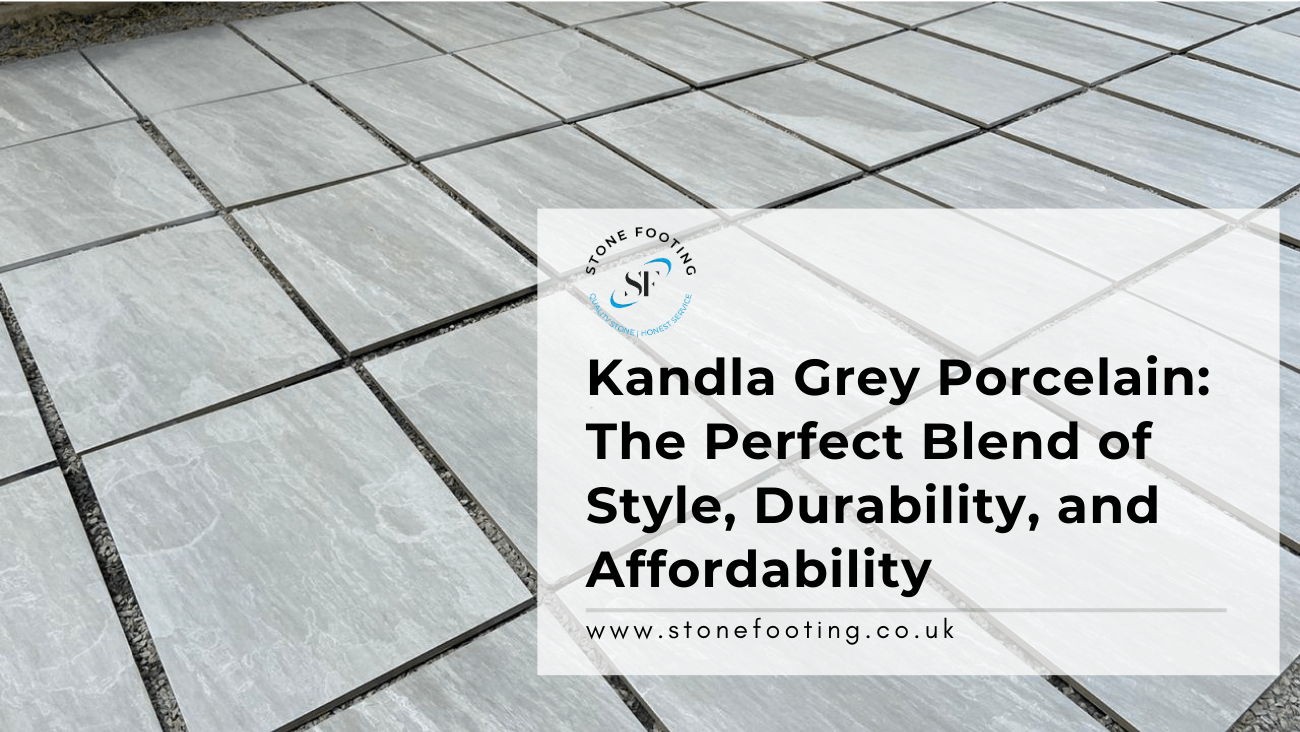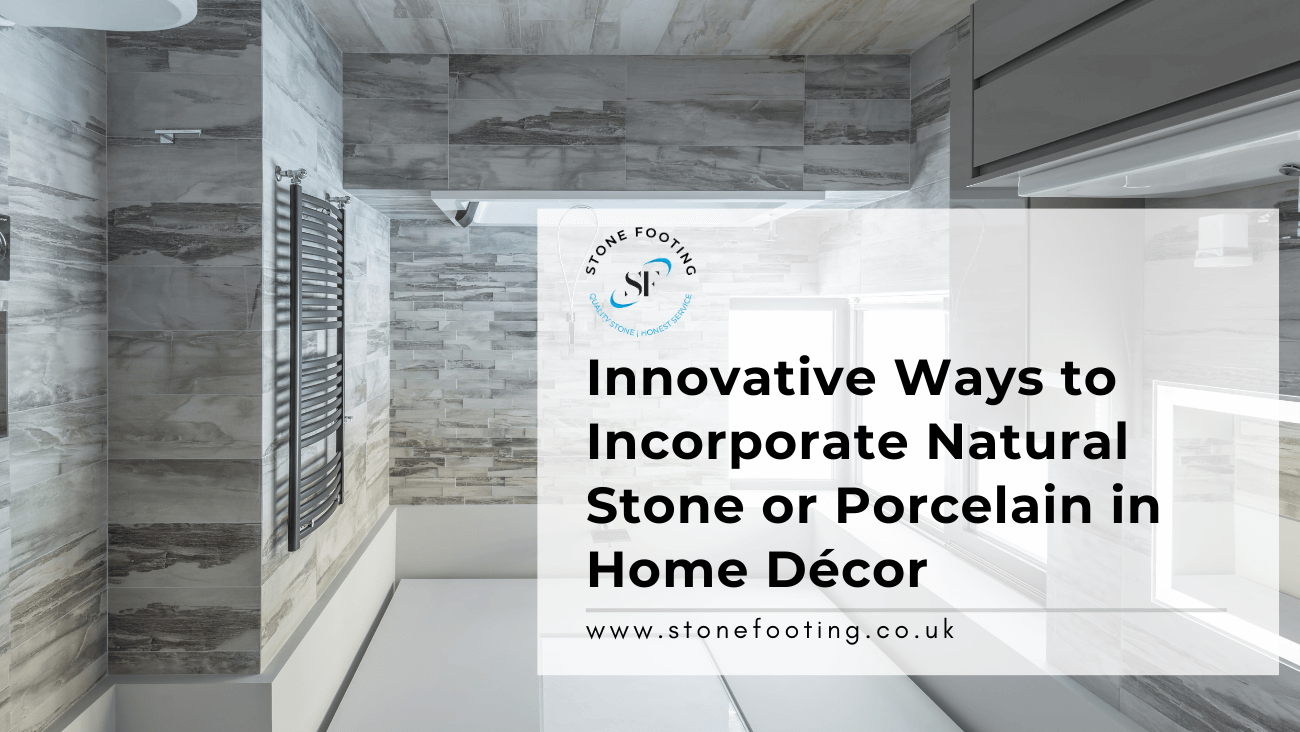Porcelain Pavers vs. Traditional Pavers: Which is Better for Your Driveway?
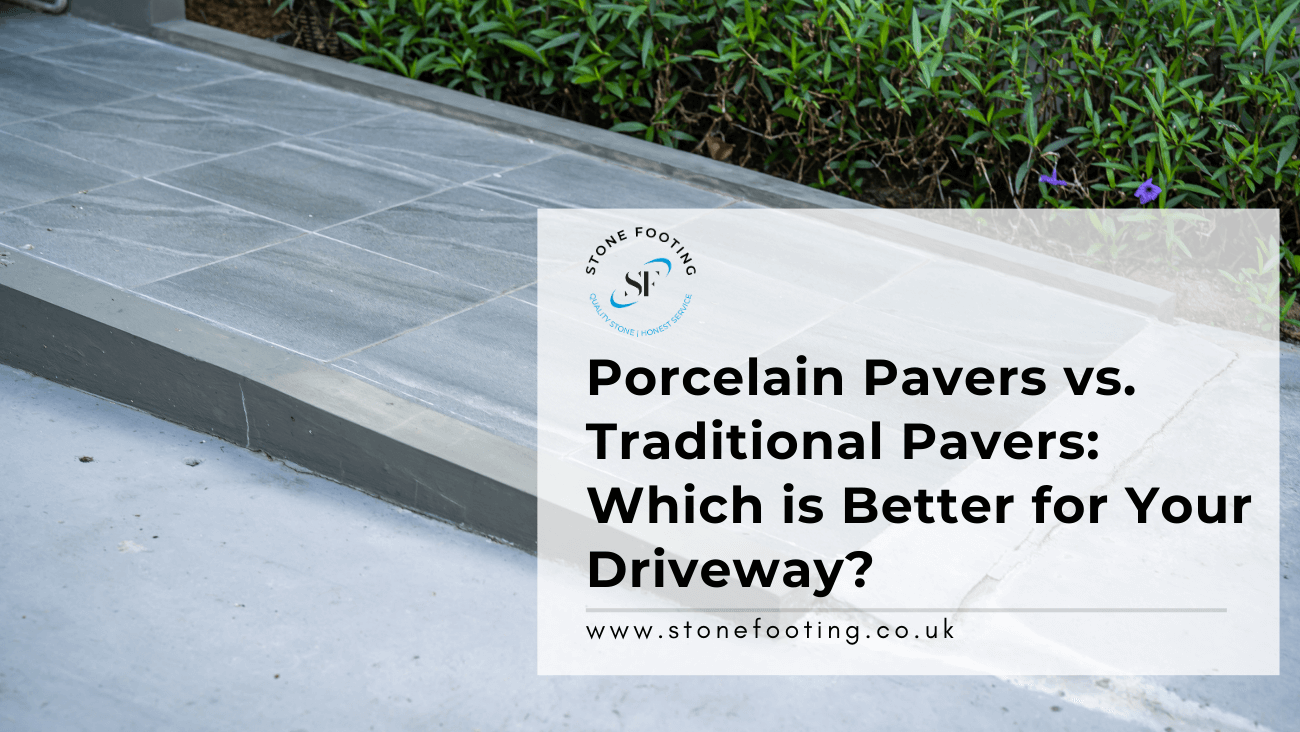
When it comes to choosing the perfect paving material for your driveway, the decision can be overwhelming. Among the many options available, porcelain pavers and traditional pavers stand out as popular choices. Each has its own unique features and benefits, but determining which one is better suited for your driveway requires careful consideration. In this blog post, we’ll compare porcelain pavers and traditional pavers, highlighting their qualities, durability, and maintenance requirements. By the end, you’ll have a clearer understanding of which option is the best fit for your driveway project.
Porcelain Pavers Vs Traditional Pavers:
1. Durability and Strength
Porcelain pavers, made from high-quality clay fired at extreme temperatures, offer exceptional strength and durability. They are resistant to cracking, fading, and scratching, making them ideal for areas with heavy traffic, like driveways. Traditional pavers, on the other hand, can be made of various materials such as concrete or natural stone. While they are generally durable, they may be more prone to wear and tear over time, especially in harsh weather conditions.
2. Maintenance Requirements
Porcelain pavers have gained popularity for their low-maintenance nature. They are highly resistant to stains, mold, and mildew, requiring minimal effort to keep them clean and in good condition. Traditional pavers may require regular sealing and occasional repairs to maintain their appearance and integrity.
3. Aesthetics and Design Options
Porcelain pavers offer a wide range of design options, replicating the natural beauty of stone, wood, or concrete with stunning accuracy. They come in various colors, textures, and sizes, allowing you to create a unique and visually appealing driveway. Traditional pavers also offer design versatility, with options ranging from classic brick to cobblestone patterns, providing a timeless charm to your driveway.
4. Installation and Cost
When it comes to installation, both porcelain pavers and traditional pavers require proper preparation of the base, including leveling and compacting the soil. However, porcelain pavers are often thinner and lighter, making them easier to handle and install. They can be dry-laid on a sand or gravel bed, which can simplify the installation process and reduce labor costs.
In terms of cost, porcelain pavers are typically more expensive upfront compared to traditional pavers. However, it’s important to consider the long-term benefits and durability of porcelain pavers, which can outweigh the initial investment. Traditional pavers may have a lower upfront cost, but they might require more maintenance and repairs over time, potentially increasing the overall cost in the long run.
5. Climate and Weather Resistance
Both porcelain pavers and traditional pavers offer good resistance to the elements. Porcelain pavers have a low water absorption rate, making them resistant to freeze-thaw cycles, which can cause damage to traditional pavers. This quality makes porcelain pavers an excellent choice for regions with colder climates or areas prone to extreme temperature fluctuations. Traditional pavers, depending on the material, may be more susceptible to cracking or shifting in harsh weather conditions.
6. Sustainability
If sustainability is an important factor for you, porcelain pavers may be the preferred choice. Many porcelain pavers are manufactured using recycled materials, reducing environmental impact. Additionally, their long lifespan and minimal maintenance requirements contribute to their eco-friendly profile. Traditional pavers, while durable, may involve the extraction of natural resources and require more frequent repairs or replacements.
Conclusion, In the debate between porcelain pavers and traditional pavers for your driveway, there are several factors to consider. Porcelain pavers offer exceptional durability, low maintenance, a wide range of design options, and resistance to harsh weather conditions. They may have a higher upfront cost but can provide long-term value. Traditional pavers offer a more traditional aesthetic, potentially lower upfront costs, but require more maintenance and may be more susceptible to damage in extreme climates.
When it comes to purchasing porcelain pavers in the UK, Stone Footing stands as a leading porcelain wholesaler. With their extensive range of high-quality porcelain pavers and competitive prices, they are a reliable choice for transforming your driveway.
Make an informed decision and create a stunning, long-lasting driveway by exploring the exquisite collection of porcelain pavers at Stone Footing. Visit our website or contact their knowledgeable team today to find the perfect paving solution for your driveway project. Your dream driveway awaits!
Frequently Asked Questions
Q. Are porcelain pavers more expensive than traditional pavers for a driveway?
While porcelain pavers do tend to have a higher upfront cost compared to traditional pavers, it’s important to consider the long-term benefits. Porcelain pavers offer exceptional durability, low maintenance, and resistance to harsh weather conditions, which can contribute to cost savings in the long run. Traditional pavers may have a lower initial cost, but they may require more maintenance and repairs over time, potentially increasing the overall cost.
Q. Can porcelain pavers be installed directly on the ground for a driveway?
Porcelain pavers can be installed directly on the ground for a driveway, but proper preparation is necessary. The ground should be leveled and compacted, and a layer of sand or gravel should be laid as a base. This allows for proper drainage and helps prevent shifting or unevenness. It’s important to consult with a professional installer or follow the manufacturer’s guidelines for the specific installation requirements of the porcelain pavers you choose.
Q. How do I maintain and clean porcelain pavers for my driveway?
Maintaining and cleaning porcelain pavers for a driveway is relatively easy. Regular sweeping or using a leaf blower can help remove debris and leaves. For general cleaning, a mixture of mild detergent and water can be used with a soft brush or mop. Avoid using abrasive cleaners or harsh chemicals that can damage the pavers. Additionally, sealing the porcelain pavers can help enhance their resistance to stains and make cleaning even easier. Consult with the manufacturer or a professional for specific maintenance recommendations based on the type of porcelain pavers you have chosen.
